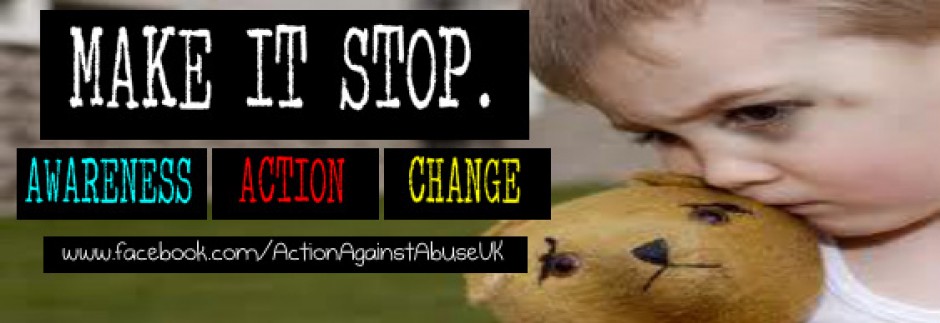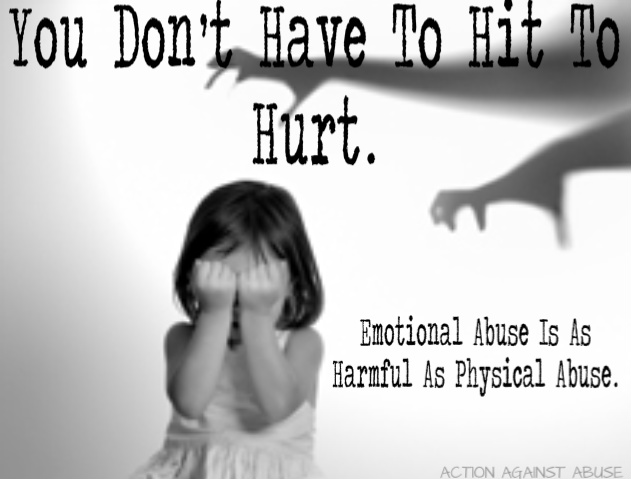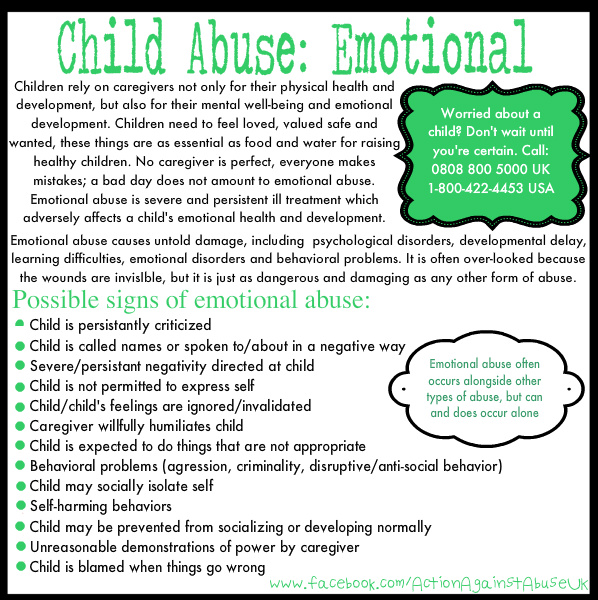Emotional abuse is the persistent emotional maltreatment of a child such as to cause severe and persistent adverse effects on the child’s emotional development. Emotional abuse is involved in all types of maltreatment of a child, though it may occur alone.
External Signs of Emotional Abuse
There may not be any physical signs that a child is being emotionally abused or neglected, though emotional abuse often takes place alongside physical abuse and neglect.
Signs that may give cause for concern include households where a child is:
· Persistently criticized
· Blamed when things go wrong
· Made to carry out tasks inappropriate to their age
· Kept from engaging in normal childhood activities or mixing with other children
· Referred to as ‘him/her/it’, ‘that child’ or any reference other than the child’s name
· Threatened or insulted
· Called names
· Witness to the ill-treatment of another person or animal
· Being severely bullied
· Ignored or given the ‘silent’ treatment
· Publicly or privately humiliated
· Tormented with psychological ‘games’, such as purposefully keeping playthings out of child’s reach.
Behavioral Signs of a Child Being Emotionally Abused
A child suffering from emotional abuse may:
· Appear continually withdrawn, anxious or depressed
· Display excessive fear of parents or carers
· Avoid doing things with other children
· Behave much younger than his or her age
· Behave older than their age eg ‘a little mother’
· Lag in physical, emotional or cognitive development
· Wet the bed
· Blame themselves for problems or believe they are ‘bad’
· Overreact when they make mistakes
· Have inappropriate reaction to pain eg ‘I deserve this’
· Demonstrate neurotic behaviours such as hair twisting or rocking
· Self-harm or attempt suicide
Behavioral Signs of the Adults Responsible for or Aware of the Abuse
The adults responsible or aware may:
· Isolate their child
· Favour other children over one particular child and treat them differently
· Blame the child for the family’s problems
· Appear unconcerned about any problem’s the child has
· Express negative thoughts and feelings about the child
· Belittle their child
· Withhold love and attention
NB it is sometimes easier to identify a case of emotional abuse through the actions of the parent or carer.
Effects (NSPCC)
Emotional abuse can affect a child from infancy, through adolescence, and into adulthood.
It can setback a child’s physical development; for example, tense meal times can affect a child’s eating.
It can hold back a child’s mental development, such as their intelligence and memory, and put a child at greater risk of developing mental health problems, such as eating disorders and self-harming.
It can hamper a child’s emotional development, including their ability to feel and express a full range of emotions appropriately, and to control their emotions.
It can put a child at greater risk of developing one or more behavioural problems, such as:
- learning difficulties
- problems with relationships and socialising
- rebellious behaviour
- aggressive and violent behaviour
- anti-social behaviour and criminality
- self-isolating behaviour (making people dislike you)
- negative impulsive behaviour (not caring what happens to yourself).
People who have suffered emotional abuse in childhood are at greater risk of psychological problems in later life.





What can be done about this legally ? Who can protect children involved in witnessing and receiving constant emotional abuse? There is so much info written but I can’t find anything on how to rectify the situation.